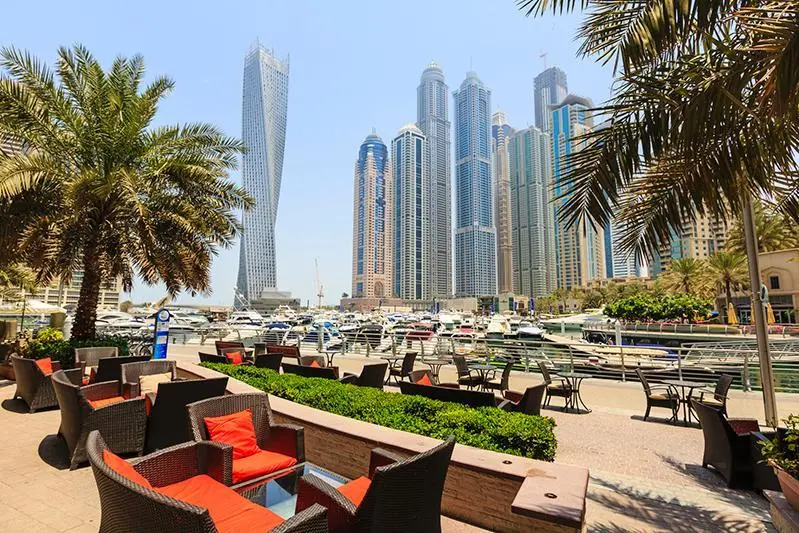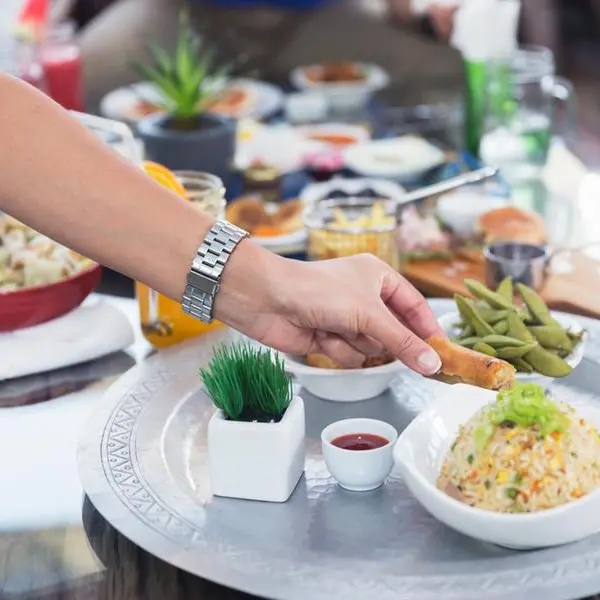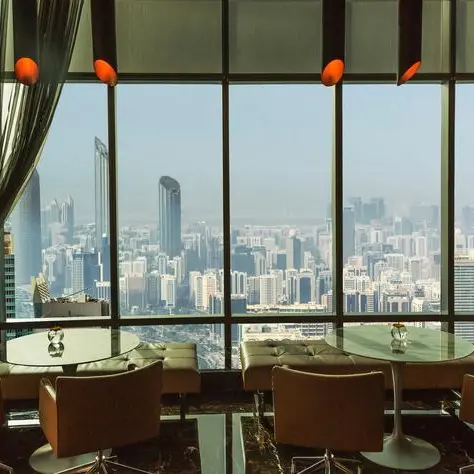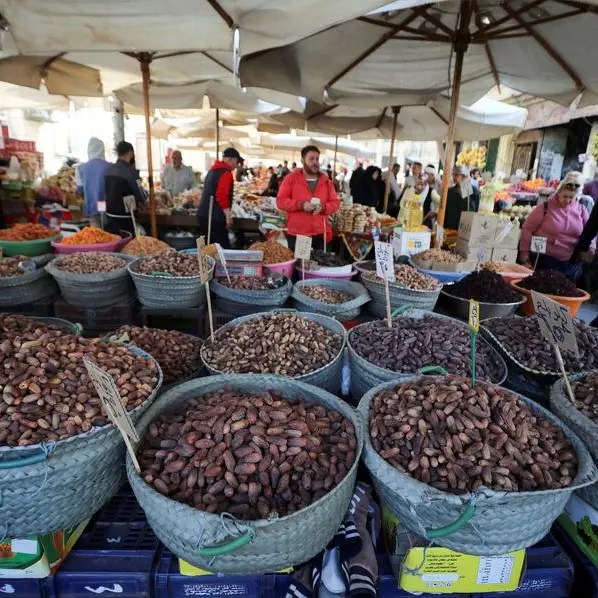PHOTO
From Falafel sandwiches, seasonal barbeques and ‘sustaina-baos’, the menu at the recent COP28 was unique, delicious and, of course, sustainable. Now that the historic climate summit is over, will sustainability continue to be on the menu in the country?
According to Gates Hospitality, which had eight different concepts at COP28, the push for sustainability will continue. “People have become more educated and aware about sustainability and environmental issues in general,” Richard Cowling, director of operations, told Khaleej Times.
“The awareness has led to an ongoing interest in adopting sustainable practices where possible, added Richard, further elaborating that the company’s push for sustainability goes beyond COP.
“We have been using local produce wherever possible. We have also supported local farms and used seasonal produce. We reduced food waste by utilising as much of every ingredient as possible including skins. We have also controlled the portions served and focused on making food packaging more sustainable,” Cowling continued.
LCF (low carbon footprint) food
Richard’s views were supported by other experts, who say many restaurants are moving down the sustainability path. “In terms of consumer demand, we are seeing greater demand for more sustainable products, as evidenced by the inauguration of the new alternative protein plant in Abu Dhabi earlier this year,” said Massimo Marino, an environmental engineer who co-authored the book How to Create a Sustainable Food Industry: A Practical Guide to Perfect Food.
“Consumers in the UAE are increasingly aware of the health and environmental benefits of alternative proteins, such as their lower carbon footprint and reduced impact on animal welfare. This growing awareness is driving demand for these products.”
He also commended the UAE government for investing in food security. “The new Gigafarm that was just announced – a circular, closed loop facility that can replace up to 1% of imports – is a great example of how the country is applying advancements in food technology to improve the sustainability of food systems,” he said.
Lasting changes
At Expo City Dubai, the goal was to create lasting changes rather than get a sustainability menu together for COP28. “One of our wider goals is for the people we work with here to take what they learn and apply it to their activities elsewhere, whether this is in the region or globally,” said Simon Wright, Head of F&B at Expo City Dubai and Founder and Chair of global hospitality agency TGP International. “Each tenant we work with will also gain crucial support in achieving their own sustainability objectives.”
Simon reiterated that although food production and consumption have large environmental footprints, with the right solutions and motivation, the sector can be a powerful agent of change. “In the UAE, the climate isn’t naturally conducive to widespread agriculture,” he said. “High temperatures, low rainfall, and sandy soil pose challenges for growing a variety of crops.
As such, the nation heavily depends on food imports. Despite these challenges, it’s possible to invest in innovative agricultural practices in urban settings and integrate technology that enhances local food production capabilities.”
He explained how the group is supporting their vendors by sourcing 50% of produce locally, as well as involving the urban farm project at Expo City Dubai. “We are always looking to move towards greater self-sufficiency in food production and explore ways we can do better as an industry,” he said.
Cost of sustainability
Despite the notion that switching to sustainability can be costly, Massimo insists that embracing sustainable diets is often more cost-effective for both consumers and restaurants. “From a consumer perspective, investing in sustainable and healthy diets serves as a preventive measure against diseases and can contribute to a longer, healthier life,” he said. “On a commercial level, we are seeing that greater sustainability can add significant commercial value for companies, whether it is helping improve top line factors, such as innovation or brand equity, or to reduce bottom-line factors through reduced risk and resource cost.”
For Junah Balungcas, owner of BaoFriend who had a pop up at COP28, the investment in being sustainable has been worth it. She said: “While there might be some initial investments associated with our sustainable practices, we firmly believe the long-term benefits will outweigh the drawbacks.”
“Since we opened our restaurant in 2022, we’ve always been conscious with our packaging and provide compostable boxes, paper bags and utensils that are made from recycled materials. We are actively implementing several long-term sustainability strategies, such as menu planning — to only serve dishes that are in high demand and that are likely to be consumed. Items will only be made to order to avoid wastage. Our staff were trained to practice portion control and encouraged customers to order what they can eat without overindulging,” Balungcas added.
She said that one of their bestsellers at both COP28 and in their store has been the sustain-baos — a spinach bao with falafel fillings, spicy cucumber, lemon tahini, and crispy nori. “The demand for vegetarian options has been steadily increasing in recent years, and we are catering to this growing demographic and environmentally conscious customers,” she said. “These offerings also align with our sustainability goals of lowering our environmental impact than meat-based dishes.”
Copyright © 2022 Khaleej Times. All Rights Reserved. Provided by SyndiGate Media Inc. (Syndigate.info).





















